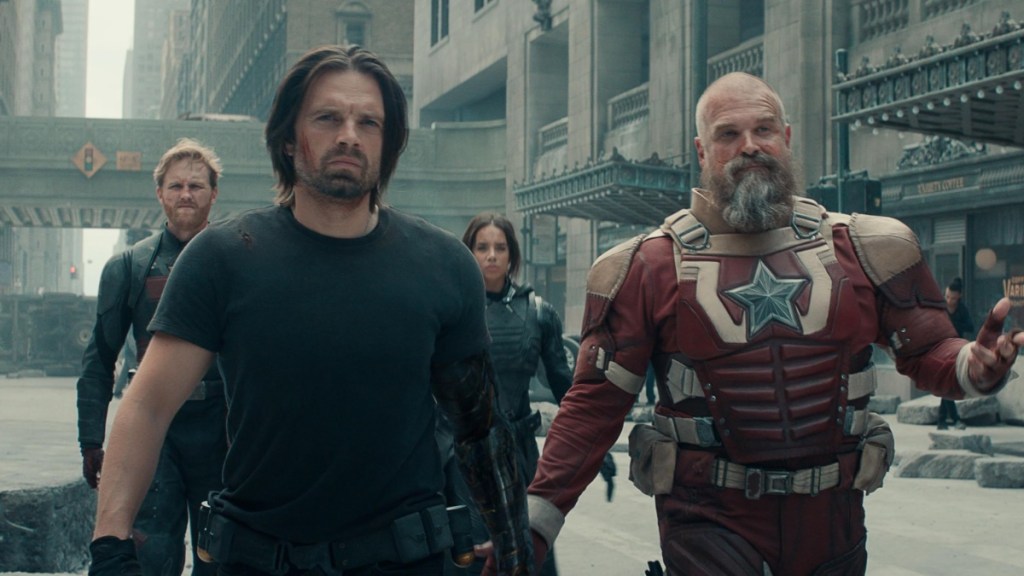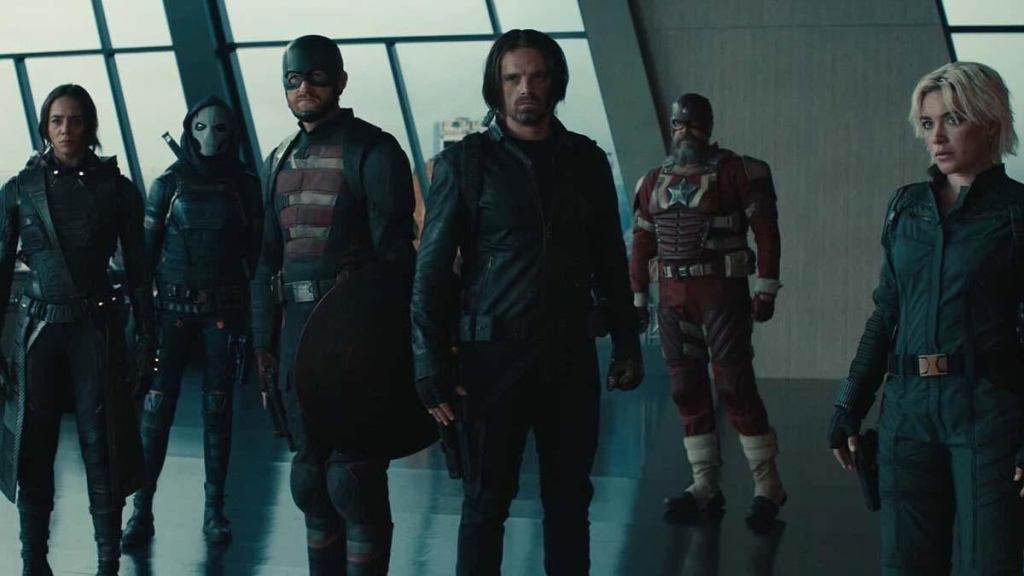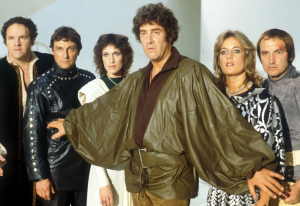Thunderbolts*, as you’ve no doubt heard by now, is a much better Marvel Cinematic Universe title than most movies populating the franchise’s beleaguered Phases 4 and 5. It’s nowhere near as good as all-time great MCU productions like The Avengers and Black Panther (or even Guardians of the Galaxy Vol. 3, the pinnacle of 2020s MCU media). However, Thunderbolts* still resonates as solidly crafted fare that especially excels in its pathos and lead performances, with the immensely talented Florence Pugh knocking it out of the ballpark on both of those fronts.
Videos by ComicBook.com
On its own merits, there’s plenty to praise about Thunderbolts*. Especially looking at recent underwhelming MCU enterprises like Ant-Man and the Wasp: Quantumania and Captain America: Brave New World, there are some areas of this motion picture that especially stand out as worth celebrating. Grab your gear and let’s explore three critical ways Thunderbolts* improves on recent Phase Four and Five MCU motion pictures.
A More Distinctive Score

In Phase 3, it seemed like Marvel Studios had solved its generic scores problem with some standout orchestral scores from the likes of Michael Giacchino, Mark Mothersbaugh, and Ludwig Göransson. Unfortunately, Phases 4 and 5 (save for the occasional exception like Joel P. West’s memorable Shang-Chi compositions), the scores have been lackluster. Christophe Beck’s Quantumania compositions, for instance, lacked either surrealist zest or rousing cosmic excitement. Rob Simonsen’s Deadpool & Wolverine tracks, meanwhile, were generic creations shockingly devoid of much fun or anarchic energy.
Thunderbolts*, thankfully, eschews this trend. Happily, this production’s score hails from a group totally new to the MCU, Son Lux. This three-person band embraces unique sounds with aplomb throughout their tracks. The primary Thunderbolts* theme, for instance, has a scratchy, slightly ominous quality reflecting the anti-hero origins of these characters. Meanwhile, “The Climb,” a track set to a key early scene where Thunderbolts members struggle to co-operate, is full of unique musical touches like strained flute playing, harsh string instrumentation, and a recurring noise that sounds like a ticking timer. These are the kinds of inventive flourishes peppered throughout Son Lux’s inspired Thunderbolts* score. Finally, a modern MCU movie has orchestral tracks shimmering with personality.
A Smaller Cast of Characters

In a supposed effort to make the MCU movies feel “grand” after Avengers: Endgame, Phases 4 and 5 have crammed each solo movie with as many characters as possible. Even a better outing like Black Panther: Wakanda Forever had superfluous American CIA characters eating up screentime. Brave New World and Quantumania, meanwhile, got swallowed up in their bloated scopes. Thunderbolts*, despite being an ensemble piece, rectifies this problem with a significantly more restrained scope compared to its recent MCU brethren.
[RELATED: Marvel’s Thunderbolts* Billboards Are Being Updated for the Team’s New Name]
For one thing, the project is firmly told through just the eyes of Yelena Belova, while all but two of the titular Thunderbolts* leads meet each other in one sequence. Very compact material that ensures there’s more time for character interactions. There are also no extraneous supporting players, only existing to set up future sequels or Disney+ shows. The deluge of cameos from older superhero movies that dominated Deadpool & Wolverine are also absent. Thunderbolts* juggles so much less than other Phase Four and Five movies, which is to its benefit.
An Intimate Finale

In 2016, Marvel Studios delivered Captain America: Civil War and Doctor Strange. These features contained more restrained and intimate climaxes, suggesting this label realized not every MCU movie could end on a grand battle emulating the finale of the first Avengers. Unfortunately, too many Phase 4 and 5 installments have gone that route in either emphasizing fighting a weightless CG baddie or lots of digitally rendered cosmic nonsense. Hallelujah for Thunderbolts* following through on its darkest impulses right through its finale, which eschews traditional fighting for something much different.
Bob’s (Lewis Pullman) tormented psychology and various traumatic events of his life that shaped him instead get the spotlight here. It’s a bold maneuver that doesn’t offer the easy binary morality of most recent MCU films. However, it makes for an emotionally absorbing home stretch and plenty of exciting imagery. This unexpected Thunderbolts* finale also harkens back to an era when the Marvel Cinematic Universe subverted expectations rather than trying desperately to give people what they wanted.
Thunderbolts* is now playing in theaters.








